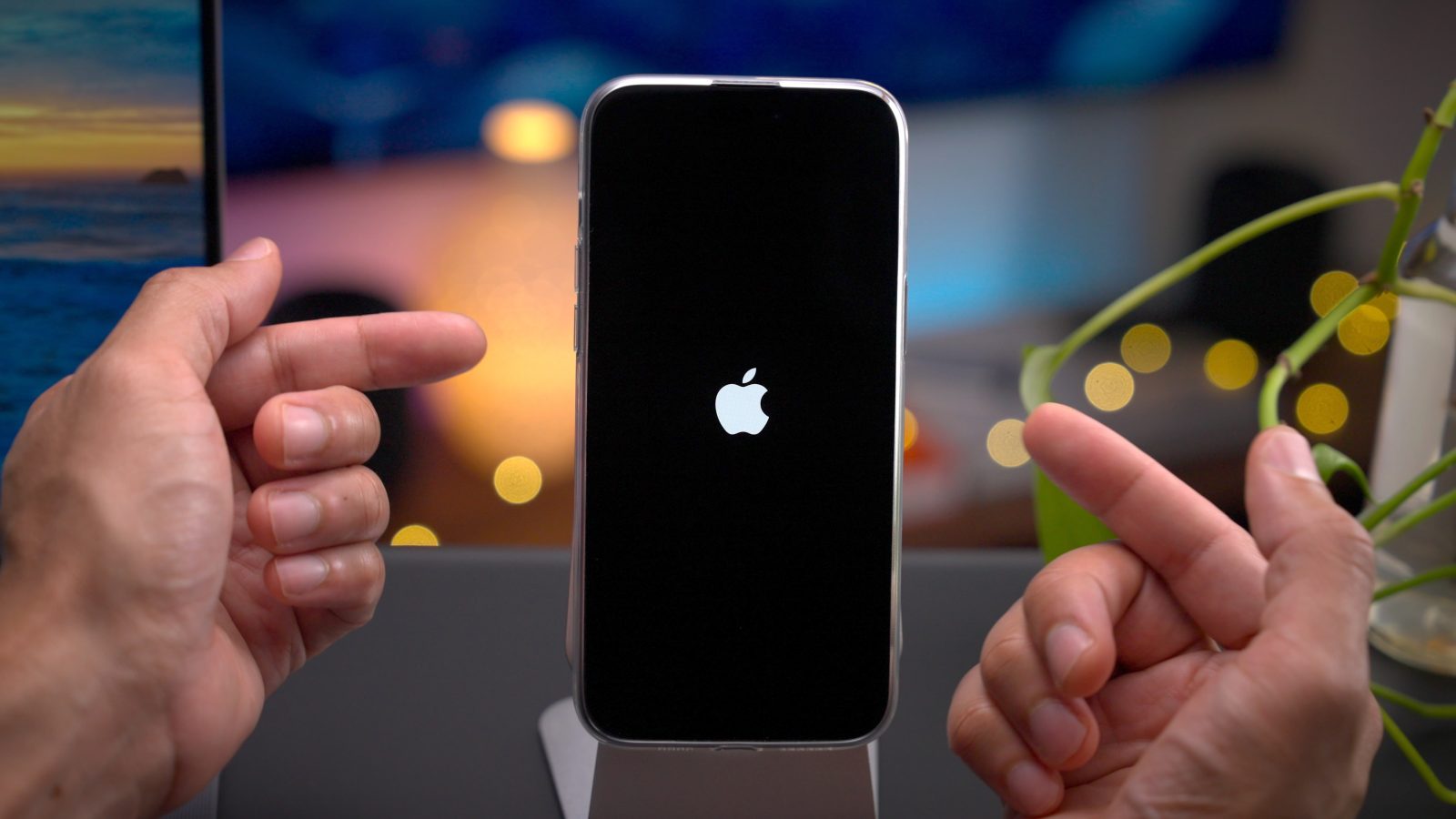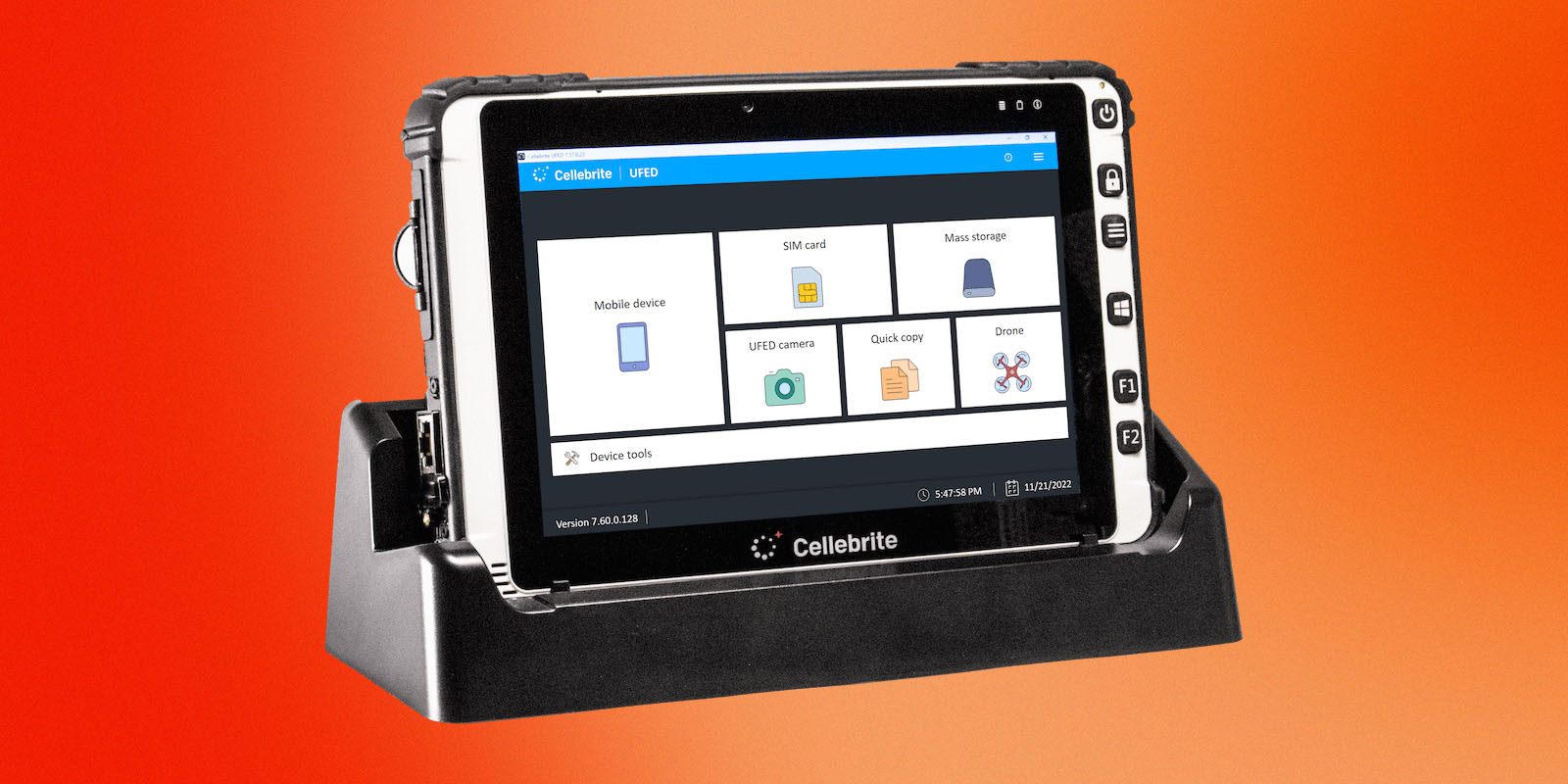

A current report by 404 Media revealed that regulation enforcement brokers have been involved about iPhones routinely rebooting themselves, which makes it very tough to hack these gadgets. Safety researcher Jiska Classen later found that this conduct is attributable to a brand new characteristic referred to as “Inactivity Reboot,” which has now been reverse-engineered by Classen.
Reverse engineering iPhone’s Inactivity Reboot characteristic
The researcher detailed in a weblog put up how precisely Inactivity Reboot was applied by Apple – which did all the things quietly with out publicly saying the brand new safety characteristic. Based mostly on iOS code, it was doable to verify that Inactivity Reboot was applied in iOS 18.1, though iOS 18.2 beta code means that Apple remains to be bettering the way it works.
Opposite to what was beforehand thought, the safety characteristic has no relation to wi-fi connectivity. As an alternative, it makes use of the Safe Enclave Processor (SEP) to trace when the iPhone was final unlocked. If the final time unlocked exceeds three days, SEP notifies a kernel that kills Springboard (which is the core of iOS) and initiates a reboot.
Unsurprisingly, in keeping with Classen, Apple has applied methods to stop hackers from bypassing this course of. For instance, if one thing prevents the kernel from rebooting the iPhone, the system will routinely trigger a kernel panic to crash and reboot the system. The system additionally sends analytical knowledge to Apple when a tool enters the “aks-inactivity” state.
Since all the things associated to Inactivity Reboot occurs in SEP and never in the primary iOS kernel, it’s rather more difficult to bypass it – even when the primary kernel is compromised (like with a jailbreak device). As Classen defined, little is understood in regards to the SEP as Apple retains all the things, together with its firmware, beneath wraps.
When rebooted, the iPhone enters a Earlier than First Unlock (BFU) mode, which encrypts all of the information on the system till the consumer enters the system’s passcode. Even Cellebrite, a cybersecurity firm that focuses on extracting knowledge from locked iPhones, acknowledges that getting knowledge from a tool in BFU mode is kind of difficult.

Apple doesn’t say why it applied Inactivity Reboot on the iPhone with iOS 18, however the causes appear fairly clear. The corporate definitely needs to crack down on instruments like Cellebrite and Pegasus spy ware, which are sometimes utilized by regulation enforcement brokers. After all, this additionally protects common customers who could have their knowledge extracted after being the sufferer of a theft or theft.
Extra particulars on reverse engineering the Inactivity Reboot characteristic could be discovered on Jiska Classen’s weblog.
FTC: We use earnings incomes auto affiliate hyperlinks. Extra.